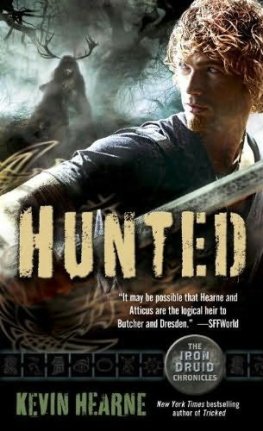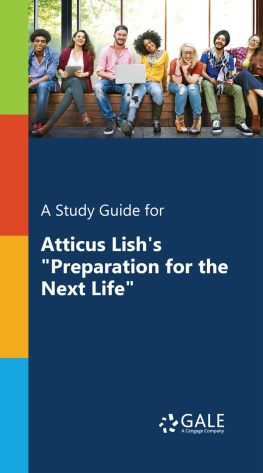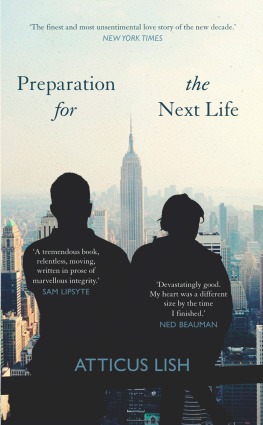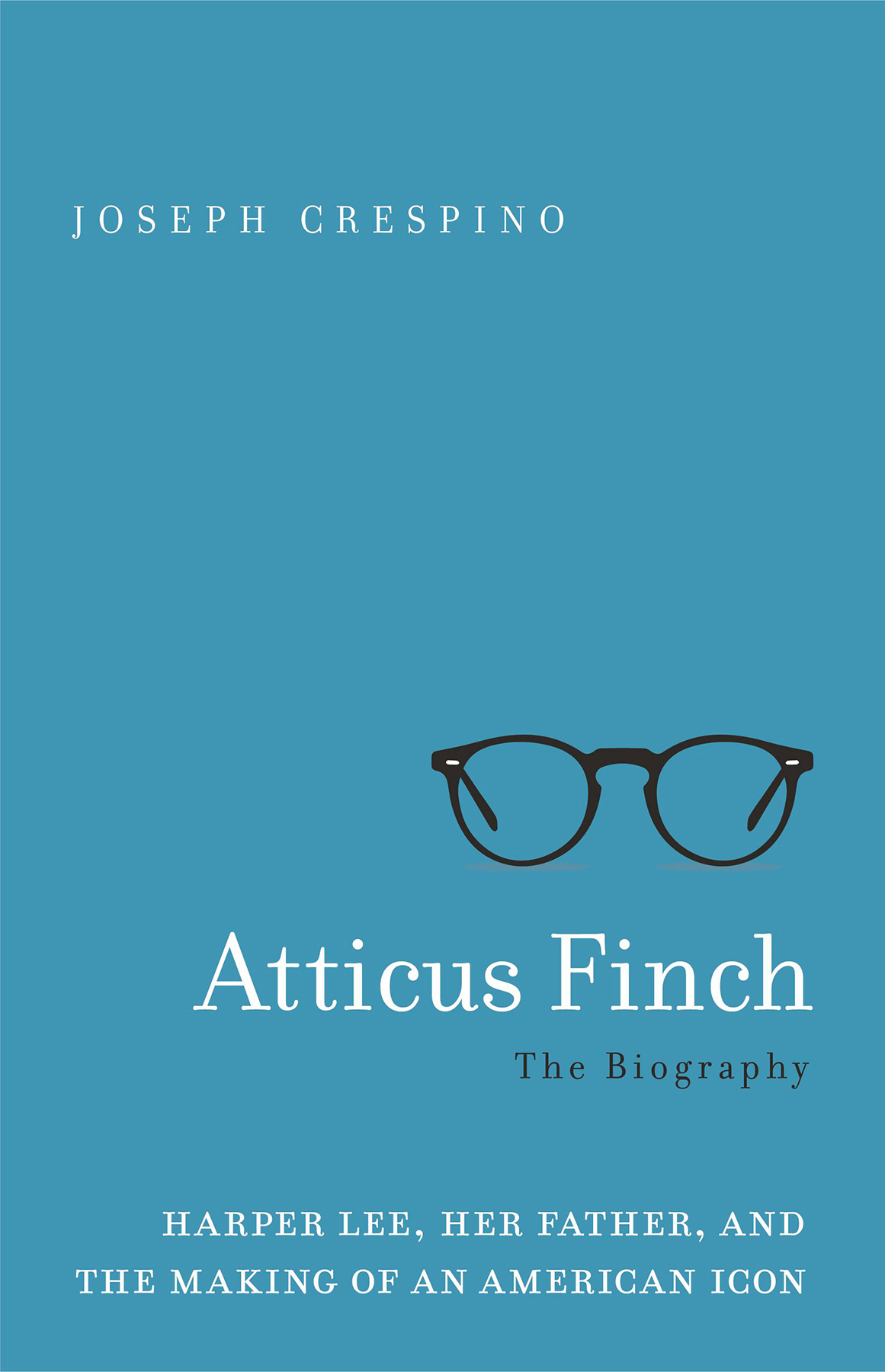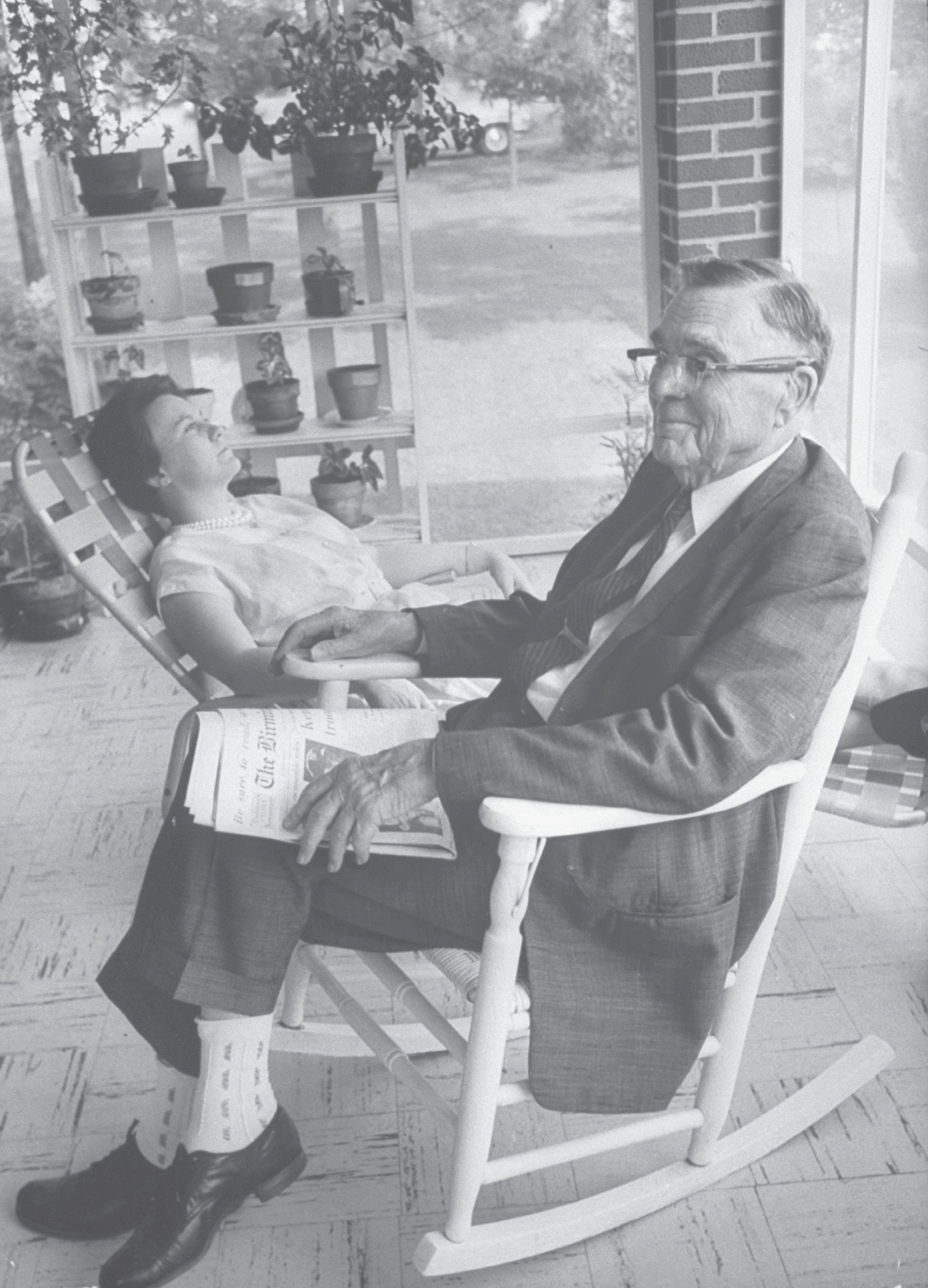Blameless people are always the most exasperating.
L ike the Christ child himself, Atticus Finch was born on Christmas.
Lee loved the passages from McMillions work. It hadnt seemed feasible to her at first to divide the material into separate books and let the childhood novel stand on its own, but then she found herself doing exactly as Crain had said.
Two different manuscripts with two different fates. One found its way to a safety deposit box in Monroeville, Alabama, where it sat all but forgotten for over half a century before being discovered by Lees lawyer and published in 2015. The other, revised and reworked for another two years and published in 1960, became one of the most successful books in American publishing history. In some ways, its a familiar story. Many if not most successful novelists have a drawer in which an earlier, apprentice manuscript is tucked away. Yet Harper Lees novels are different. Conceived back-to-back in the first six months of 1957 but published fifty-five years apart, both became a kind of Rorschach test for the politics of race in the period that they were published. They are unusual, too, in their paradoxical treatment of one of the most beloved characters in all of American literature, the orienting figure of both novels, that touchstone of decency and goodness himself, Atticus Finch.
But with the discovery of Go Set a Watchman, we know that how she came to write that story, and to construct the character of Atticus, the source and the object of that love, was anything but simple. Thanks to Watchman, we know, too, that Harper Lee set out to write a novel not just about love, but about politics. To understand Atticus Finch, it is necessary to recover the political struggles that preoccupied her father, a lawyer, state legislator, and newspaper editor in Monroeville, Alabama, which were the same struggles that preoccupied Harper Lee herself.
A variety of new or previously unexamined sources make this possible. They include exclusive letters and other documents from the files of Harper Lees publisher; privately held letters, previously unavailable to scholars, written by Lee from Monroeville in the mid-and late 1950s, that shed light on her relationship with her father and developments in her hometown that influenced her fiction; and interviews with Harper Lees two oldest living nephews and oldest living niece, who offer fresh insights into the life of their grandfather and famous aunt alike. Most important perhaps are the hundreds of editorials written by A. C. Lee during his years as editor of the Monroe Journal, from 1929 to 1947, in which he commented on a remarkable range of state, national, and even international issues.
Previous biographers and journalists have almost completely ignored these editorials, which are crucial for a proper assessment of Harper Lees fiction. Indeed, while we have long understood that A. C., as he was called, was the inspiration for Atticus, what has been lost is that he was a man deeply engaged with the momentous events of his times. His precocious daughter absorbed his sense of civic responsibility and belief that the nations problems, not to mention the worlds, were also Monroevilles. In his life and in his writings, A. C. Lee demonstrated a principled, conservative opposition to demagoguery and fascism, at home and abroad. A lifelong Democrat and loyal admirer of Franklin Roosevelt, he turned against the New Deal in the late 1930s and early 1940s as labor and civil rights politics moved to the fore of national Democratic Party politics. One consequence was a political rift between Lee and his spirited, nonconformist, politically unorthodox daughter. In the years immediately following World War II, when Harper Lee was an undergraduate, progressive candidates briefly found success in southern politics. Nelle produced her first published writings in this period: some short stories, but much of it political satire, including some aimed squarely at people like her father.
By the time Nelle sat down to write her novels in 1957, however, those days were long past. The Supreme Courts 1954 decision in Brown v. Board of Education set loose extremist forces across the Deep South. White southerners established new organizations to defend segregated schools, and they revived old ones, such as the Ku Klux Klan, which in Alabama enjoyed direct access to the states most powerful politicians, including the governor himself. Alabamas leaders turned a blind eye to Klan violence against black protest, as well as to the intimidation and harassment of whites who didnt toe the line of strict racial orthodoxy. Conservative white southerners such as A. C. Lee, who in an earlier era might have objected to the demagoguery and fear-mongering, fell silent.
Watchman was Harper Lees effort to make sense of her fathers conservatism amid the madness of massive resistance. Yet that first novel didnt succeed, either as a work of fiction or as a defense of her fathers politics, and potential publishers recognized as much. It would be


